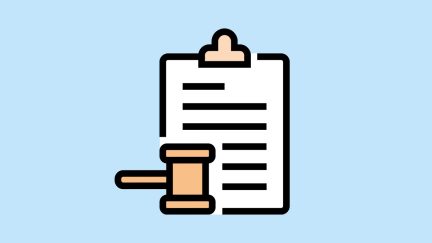Never miss a story — sign up for PLANSPONSOR newsletters to keep up on the latest retirement plan benefits news.
No Equitable Relief for Mistaken Distribution Return
US District Judge Peter Economus of the US District Court for the N orthern District of Ohio issued the ruling in a dispute between Steve Farkas , a former employee of Hunt Valve Co., and the firm’s pension administrator.
Farkas, an hourly Hunt Valve employee, was terminated on October 8, 2003. Subsequently, he filed a grievance contesting the termination, which proceeded to arbitration. That next February, while the grievance was still pending, Farkas received a lump sum distribution in the amount of $25,214.40 from the plan. The arbitration resulted in Defendant’s reinstatement in August 2004, but prior to his return to Hunt Valve Company, Inc., the plan administrator determined that the lump sum distribution payment from the Plan was in error.
At that point the plan administrator filed a claim under Section 502(a)(3) of the Employee Retirement Income and Security Act (ERISA), 29 U.S.C. section 1132(a)(3), requesting specifically:
(1) restitution of the lump sum payment plus interest,
(2) judgment against the Plaintiff in the amount of $25,214.40 plus
interest, and
(3) the imposition of a constructive trust over the proceeds of the lump sum distribution.
In response, Farkas said he no longer had the money, However, the court noted that in a Supplemental Case Management Conference Statement, Farkas indicated that a savings account existed consisting of approximately $3,592.53 that could be traced to the lump sum distribution. Furthermore, the court cited information that “[a]rrangements are currently being made for the turnover of the entire savings account balance to Plaintiff in the near future.”
Equitable Relief
The court then noted that the limitations of relief based on equitable principles. Citing the case of Great-West Life & Annuity Ins. Co. v. Knudson, 534 U.S. 204 (2002), the court noted that, “A federal court lacks subject matter jurisdiction over claims purportedly arising under section 1132(a)(3) where “the property [sought to be recovered] or its proceeds have been dissipated so that no product remains.”
In the case at hand, since the property directly attributable to the proceeds of the lump sum were no longer in the possession of the participant, the court found that an equitable remedy was not available. Again citing the Supreme Court’s ruling in the Great-West case, the court noted, “Thus, for restitution to lie in equity, the action generally must seek not to impose personal liability on the defendant, but to restore to the plaintiff particular funds or property in the defendant’s possession.”
Thus, while the court had proper subject matter jurisdiction when Hunt Valve commenced its action and Farkas retained possession of the $3,592.53, “the facts presented before the Court indicate that the Plaintiff has received its requested relief through the turnover of the funds traceable to the lump sum distribution.” Consequently, the court noted that “The Defendant therefore possesses no property from the lump sum distribution upon which the Court may impose the equitable remedy of restitution or a constructive trust. Accordingly, Plaintiff’s claim does not fall within the type of equitable relief contemplated by section 1132(a)(3) and is dismissed for lack of subject matter jurisdiction.”
The case is Hunt Valve Co. v. Farkas, N.D. Ohio, No. 4:05 cv 0029, 10/6/05.


